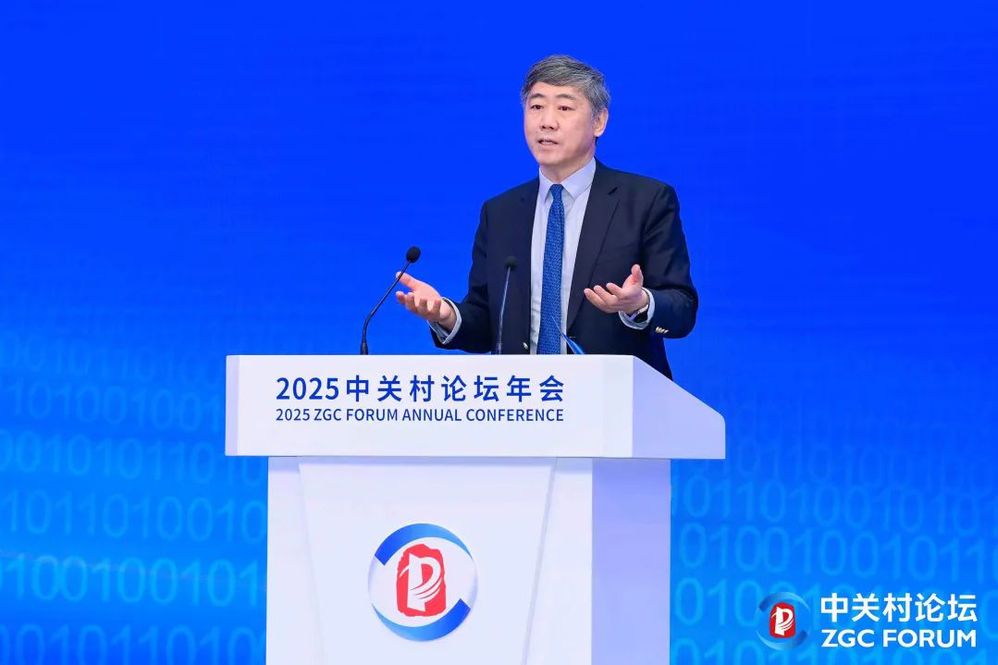David Daokui Li: Establish mechanisms for bolstering the market economy and spurring the development potential of unicorn enterprises
Originally published March 30, 2025, in Chinese by Beijing Business Today. Written by Ding Ning. Translated and edited by ACCEPT. Source: https://baijiahao.baidu.com/s?id=1828022634790551382&wfr=spider&for=pc.
On March 30, the Global Unicorn Company Conference was convened on the sidelines of the 2025 Zhongguancun Forum Annual Conference. David Daokui Li, director of the Academic Center for Chinese Economic Practice and Thinking (ACCEPT) at Tsinghua University, delivered remarks at the conference during which he commented on the immense size of China’s market, creating conditions that make it far easier for new enterprises to emerge and grow at a faster pace. Moreover, Li suggested that the scale of the country’s market is still in the process of further expanding, thereby offering up a solid economic foundation for the continued development of enterprises. Furthermore, China possesses a large number of skilled talents engaged in research on engineering and technology, which serves as the fundamental basis for innovation as well as representing an important factor underpinning the continuous iteration of software and the emergence of new high-tech companies across the country. In addition, China has the potential to host a large number of unicorn enterprises. To start up a unicorn company, it is necessary to continually develop and expand while raising financial capital, with China's reserve of national savings being among the most sizable compared with the world's largest economies. These underlying factors have hence contributed to the dynamic emergence and development of unicorn enterprises across the domestic market.
Li meanwhile argued that at present, the enormous potential for China's unicorn enterprises has not yet been fully realized, with the country having the inherent capacity to welcome an increasingly greater number of startup companies onto the scene. The crux of the matter is to better incorporate insights from the field of government and economics and, in accordance with China’s own unique national conditions, establish quasi-governmental organizations focused on bolstering the market economy and spurring the development potential of unicorn enterprises through the introduction of innovative mechanisms. This “fourth category” of organizations moves beyond the current framework of government bureaucrats and public-sector institutions, which are non-profit orientated, along with state owned enterprises, including public funds, and can be regarded as institutions have emerging enterprises and market cultivation as their starting point.





